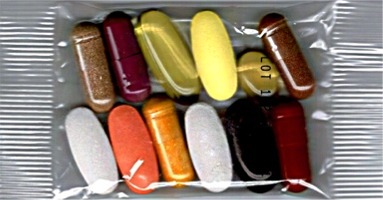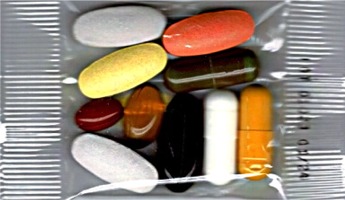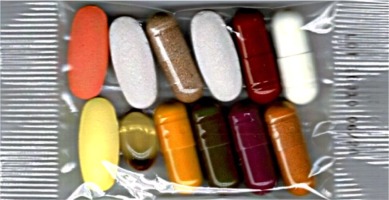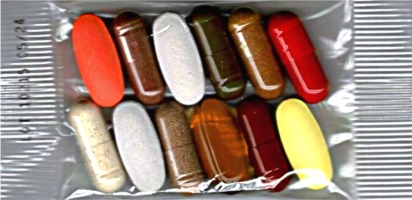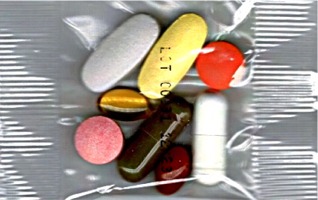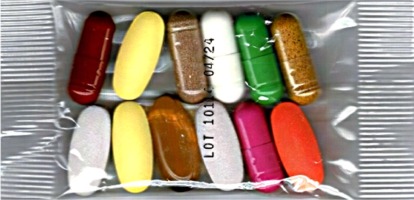Antioxidant OverviewWHY ARE THEY SO IMPORTANT? Antioxidants are nutrients that protect against health-threatening "free radicals." They neutralize "free radicals" before they can attack healthy cells and cause damage. There are over 50 degenerative diseases in which "free radicals" are implicated, including cancer and heart disease. WHAT ARE "FREE RADICALS?" Every cell in your body contains atoms, with a positively charged nucleus, and negatively charged electrons surrounding them. It would look something like the sun with planets surrounding it. When your body is exposed to air pollution, cigarette smoke, chemicals, pesticides, alcohol, drugs, smog, toxic fumes, fried foods, polyunsaturated fats, etc., electrons can be pulled out of orbit. When this happens, the atom, which is missing the electron, becomes unstable and begins to grab electrons from other nearby molecules to replace it, causing chain reactions. The unstable electrons are called "free radicals," because they have been freed or liberated from where they were. The chain reactions caused by liberated electrons can send "free radicals" throughout your blood stream and body creating havoc and even possibly setting the stage for cancer, heart disease and a host of other potentially fatal diseases. HOW "FREE RADICALS DAMAGE YOUR BODY?" Think what would happen if a large crane were driven through the streets of Manhattan with an uncontrolled wrecking ball swinging from side to side. The skyscrapers might not fall, but they would be severely damaged. That's similar to what 'free radicals" can do to your cells. "Free radicals" can start ricocheting oft cells damaging the cell membranes and eventually damaging intracellular structures such as the mitochondria and nucleus. They will eventually damage DNA, actually causing mutations. These mutations may result in cancer. Damaged cell membranes also allow viruses to enter the body more freely. In the bloodstream, "free radicals" are machine-gunning microscopic shrapnel, causing injury to the lining of your arteries and blood vessels. The small nicks they cause will open the door for calcium to start accumulating at the damaged areas and arterial blockage will begin to occur, thus causing circulation, vascular and heart problems. "Free radicals" are also formed during the process of oxidation, which our body is undergoing every day. Oxidation is a natural process that occurs anytime a substance combines with oxygen - like the browning of a sliced apple or the rusting of metal. Putting lemon juice on a sliced apple will keep it from turning brown. Why? Because the antioxidants in the lemon blocks the oxidative process. The antioxidants stop the formation of "free radicals:' While you can't see your own body "rusting" oxidation occurs constantly in the human body, putting your health at risk. In fact, scientists now believe that many degenerative conditions associated with aging are linked to poor antioxidant protection and low levels of antioxidants. Also see: Antioxidants:
An Antidote to Aging? See References and GLOSSARY INDEX
|
